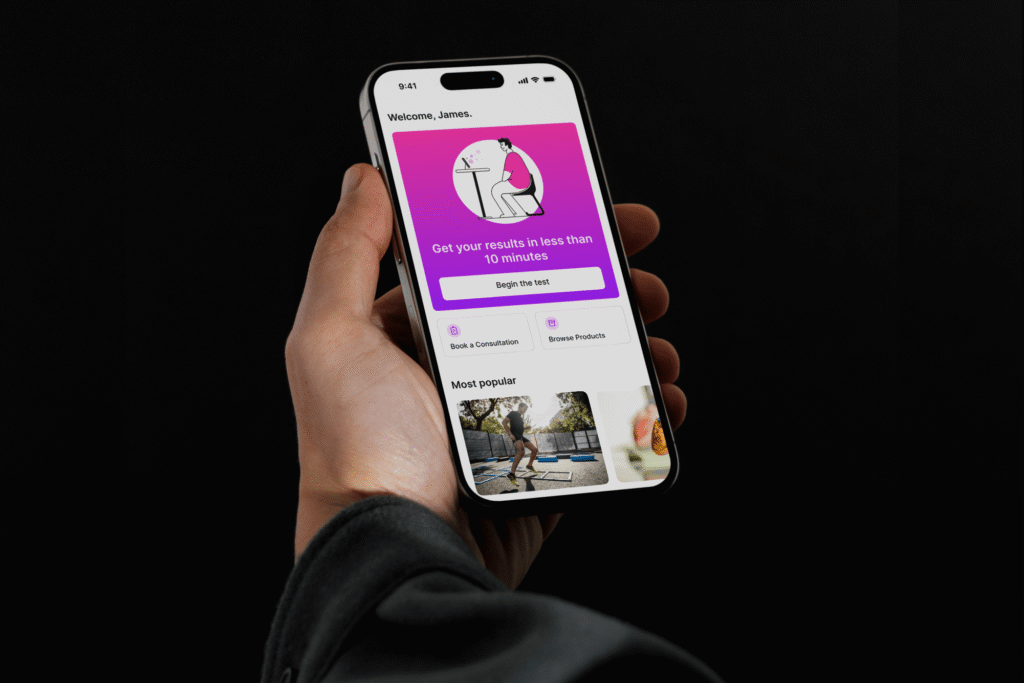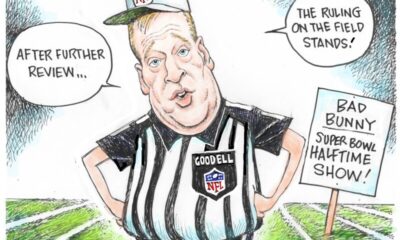Health
Unlocking Better Sleep: How Owl Eye Technology Enhances Rest

The significance of sleep as a fundamental component of overall health has gained renewed focus with advancements in technology. Tools such as those offered by Owl Eye Sleep enable individuals to monitor their sleep patterns more precisely, leading to improved well-being. By leveraging innovative tracking methods, users can gain insights into their sleep habits, which is vital for enhancing their health quality.
Understanding the Importance of Sleep
Quality sleep is essential for physical recovery, mental wellness, and cognitive function. Insufficient sleep increases the risk of serious health issues, including cardiovascular diseases, obesity, and diabetes. As a result, many people have begun prioritising sleep optimization, recognising its critical role in maintaining health.
What is Owl Eye Sleep Awareness?
At the heart of this sleep revolution is Owl Eye Sleep Awareness, a concept that utilises advanced technology to monitor and analyse sleep patterns in detail. By employing sophisticated algorithms and sensors, these systems provide users with a comprehensive overview of their sleep health, covering various stages such as light, REM, and deep sleep. This information enables individuals to make informed decisions regarding their sleep habits.
A robust sleep awareness system typically includes tracking devices, mobile applications, and personalised recommendations. Platforms like www.owleyesleep.com offer detailed analyses of sleep cycles, allowing users to understand their sleep quality better.
The metrics provided by these systems—such as sleep efficiency, latency, and duration—allow individuals to evaluate their sleep and pinpoint areas for improvement. Many advanced systems also track heart rate and movement, which can reveal disturbances that may disrupt sleep.
Regular monitoring of sleep can expose patterns that might otherwise go unnoticed. For instance, users may discover habits detrimental to their rest, such as using screens before bedtime or consuming caffeine late in the day.
Understanding sleep patterns significantly impacts mental health as well. Chronic lack of sleep can lead to mood disorders, anxiety, and depression. Access to accurate sleep data can help individuals identify troubling patterns and take steps to address them.
Furthermore, adequate sleep is closely linked to enhanced focus, quicker learning, and improved problem-solving abilities. By recognising sleep deficiencies, individuals can implement changes that boost daytime effectiveness and productivity.
Improving Sleep Hygiene
The information gathered from sleep tracking supports the establishment of effective sleep hygiene practices. These practices may include maintaining a consistent sleep schedule, creating a relaxing environment, and engaging in calming activities prior to bedtime.
As technology continues to evolve, new methods for enhancing sleep quality emerge. Recent reviews of sleep test applications highlight the effectiveness of various devices and platforms in providing deeper insights into sleep health.
Personalised sleep plans are increasingly becoming a focal point in the sleep technology landscape. By catering to individual needs and preferences, these solutions promise to enhance the effectiveness of sleep awareness systems.
In conclusion, the implications of sleep on overall health are profound. Platforms like Owl Eye Sleep are proving invaluable by integrating technology with sleep science. As individuals unlock the potential for better rest, they stand to significantly improve their quality of life.
Alexia Hope is a contributor to Research Snipers, covering technology news and developments across various sectors.
-

 Science2 weeks ago
Science2 weeks agoResearchers Challenge 200-Year-Old Physics Principle with Atomic Engines
-

 Politics2 weeks ago
Politics2 weeks agoNHP Foundation Secures Land for 158 Affordable Apartments in Denver
-

 World7 days ago
World7 days agoBoeing’s Aircraft Production: Assessing Numbers and Challenges
-

 Lifestyle5 days ago
Lifestyle5 days agoTrump’s Push to Censor National Parks Faces Growing Backlash
-

 Lifestyle6 days ago
Lifestyle6 days agoRed Bluff High School’s Elli Nolan Named Rotary Student of the Month
-

 Entertainment6 days ago
Entertainment6 days agoSyracuse Stage Delivers Lively Adaptation of ‘The 39 Steps’
-

 Health2 weeks ago
Health2 weeks agoNeuroscientist Advocates for Flag Football Until Age 14
-

 Lifestyle2 weeks ago
Lifestyle2 weeks agoLongtime Friends Face Heartbreak After Loss and Isolation
-

 Science6 days ago
Science6 days agoAI Misidentifies Doritos Bag as Gun, Triggers Police Response
-

 Health2 weeks ago
Health2 weeks agoFDA Launches Fast-Track Review for Nine Innovative Therapies
-

 Politics5 days ago
Politics5 days agoNFL Confirms Star-Studded Halftime Show for Super Bowl LVIII
-

 World2 weeks ago
World2 weeks agoGlobal Military Spending: Air Forces Ranked by Budget and Capability









